There is a further source of depression that I have frequently come across in my research, but which is not widely known. This is what I call spiritual depression.
Some people have a simplistic belief that depression is caused by a chemical imbalance in the brain. It is usually ascribed to a low level of a neurotransmitter called serotonin, and depressed people are routinely prescribed medication which increases the level of serotonin in their brain. However, as I pointed out in a previous post, it is highly problematic to view depression in these terms.
Rather than seeing depression as a neurological condition, we should view it in terms of environmental and existential factors. Sometimes it is easy to highlight the source of a person’s depression. People get depressed because relationships end, loved ones die, or they lose their jobs. They get depressed because they are poor, live in deprived areas with a high crime rate, or because they are the target of prejudice and disrespect.
But as we all know, depression can also arise in a more subtle way, with sources that are difficult to pinpoint. Depression can be related to “hidden” psychological factors such as a person’s negative thinking style, or early life trauma which has been repressed but creates psychological discord. It could be due to a lack of sense of purpose and meaning, a lack of love, or even a lack of contact with nature. Giving a person antidepressants may not, in some cases, target the root problem.
Spiritual Depression
There is a further source of depression that I have frequently come across in my research, but which is not widely known. This is what I call spiritual depression.
This is when depression arises from an alienation from our own innate spirituality. In my research as a transpersonal psychologist, I have come across many people who had a powerful spiritual experience when they were younger but repressed it because they didn’t understand it.
In some cases, this was a near-death experience, when they suddenly found themselves out of their bodies, immersed in light and filled with a sense of euphoria and liberation, and an awareness of an all-pervading love. In other cases, it was a sudden spiritual experience in a time of intense stress or while playing sports or walking in the countryside.
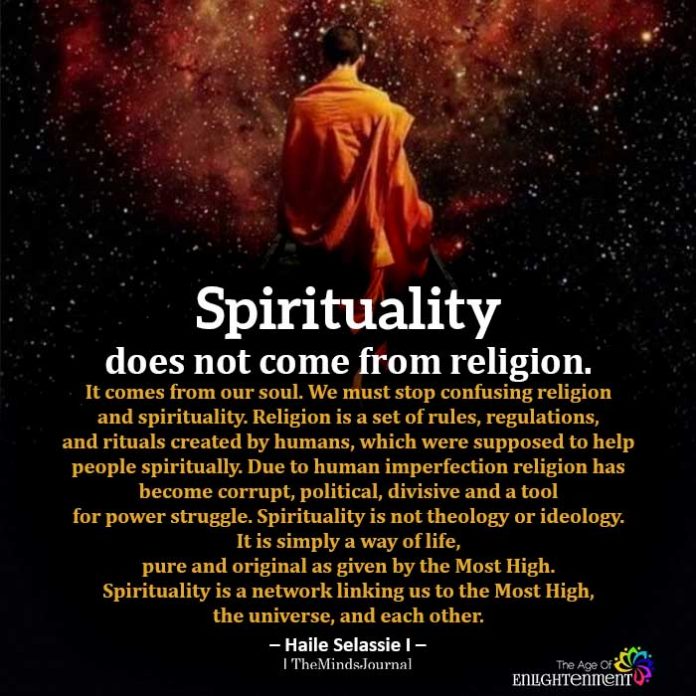
Suddenly, for no apparent reason, the world around them became intensely real and beautiful, and they felt one with their surroundings, filled with a sense of meaning and harmony. But since they didn’t have a framework to make sense of the experiences, they found them confusing and threatening. After all, such experiences contradict the accepted worldview of our culture, in which all unusual states of consciousness are seen as pathological.
Spiritual depression may also occur in people who have a natural spiritual sensibility which they don’t understand or accept. A naturally spiritual person might feel a strong sense of connection to nature, feel a strong attraction to solitude and quietness, and feel intense empathy and compassion. But again, they might suppress this innate spirituality because it conflicts with our cultural norms.
If a person suppresses their innate spirituality, it creates a deep-rooted sense of discord, with a crippling sense of dissatisfaction and frustration. It’s analogous to a gay person who tries to repress their sexuality and live as a heterosexual.
Also read What To Do If You Are Depressed: A 15-Step Guide
I gave a few examples of spiritual depression in my book “The Leap“. For example, I told the story of the remarkable American peace activist who called herself Peace Pilgrim. Originally called Mildred Norman, Peace Pilgrim was brought up with typical American values of materialism and status-seeking.
She married at 25 and lived a comfortable middle-class life until her early 30s. She grew increasingly depressed and frustrated, feeling that her lifestyle was meaningless, until one night, at the peak of her desperation, the spiritual self that she had been repressing burst through.
As she recalled, “I felt a complete willingness, without any reservations, to give my life — to dedicate my life — to service … And so I went into the second phase of my life. I began to give what I could, and I entered a new and wonderful world.”
In The Leap, I also talked about my own background. I had spiritual experiences from the age of 16, but at the time I didn’t understand them. I thought there was something wrong with me, that the experiences offered further proof that I was a misfit who was destined to be miserable. As a result, I repressed the spiritual side of my nature and felt deeply frustrated and unhappy.
Cultural Dissatisfaction and Midlife Crisis
Peace Pilgrim’s sense of the meaningless of her life highlights another aspect of spiritual depression. Even though a person might feel obliged to try to live a normal life, their latent spiritual awareness gives them a feeling that their way of life is inauthentic and unfulfilling. They may feel obliged to live a materialistic lifestyle, seeking status and wealth and pleasure, and yet feel a deep-rooted aversion to their way of life — and to themselves, for following the lifestyle.
They may follow the superficial social conventions of the people around them, and yet feel that their life is shallow and purposeless. As well as feeling like an outsider, they feel a deep hunger for a more meaningful life, and a deep frustration because they don’t know where to find the meaning they seek.
In our culture, we sometimes refer to a “midlife crisis,” when people who may be highly successful in material terms suddenly begin to question their lifestyle and feel a sense of meaninglessness. In my view, the “midlife crisis” is often a form of spiritual depression.
Also read The 7 Levels of Spirituality – Where Are You?
It’s the expression of a deep impulse for a more authentic and meaningful way of life, beyond the shallow materialistic values of our culture.
It’s the expression of a spiritual impulse that has been repressed for many years — even our whole lifetime — and which has finally risen to the surface because of a sense of doubt about the values of our lives.
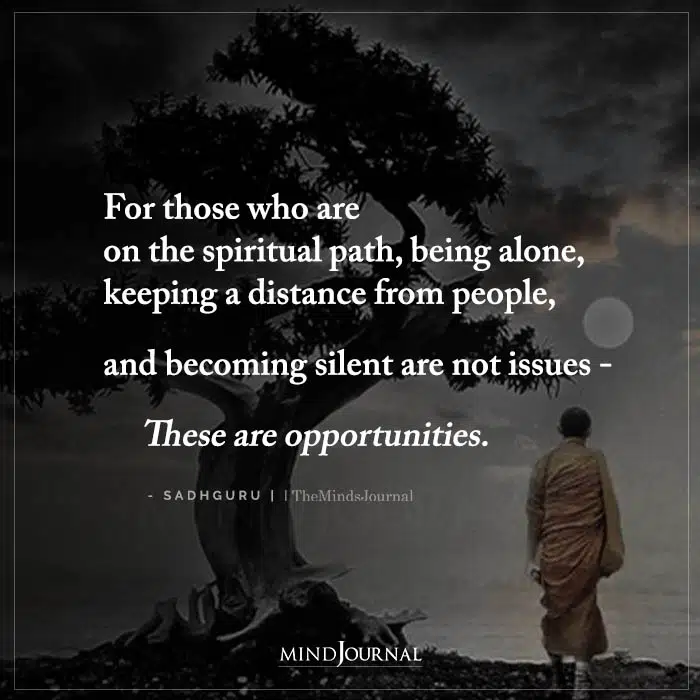
Some people may respond to this spiritual crisis by attempting to find more fulfillment through material things; others may react by using drugs or alcohol to numb their feelings of frustration and depression. However, others may respond by turning inward, finding and following a path of personal and spiritual development.
Through my years of researching spiritual awakening, I have come to the conclusion that spiritual awakening itself is much more common than most people realize. For example, as I point out in The Leap, it is not uncommon for people to shift into wakefulness following intense psychological turmoil. I also believe that “spiritual depression” is more common than is generally realized. It is not uncommon for people to have an innate spirituality that they feel the need to suppress.
Also read How Our Brains Can Find Peace in a Crisis
At the same time, there are signs that our culture is becoming more open to spirituality. Surveys of spiritual experiences suggest that they have become more common in recent years.
Over the last 20 years or so, interest in spiritual practices and in self-development has been growing almost exponentially. So perhaps it won’t be too long before people will no longer feel the need to repress their innate spirituality. Then hopefully spiritual depression will fade away, replaced with a new understanding and acceptance.
Please share this article with anyone who you may think will find it valuable and helpful.
Written by: Steve Taylor, Ph.D Originally appeared on: Psychology Today Republished with depression
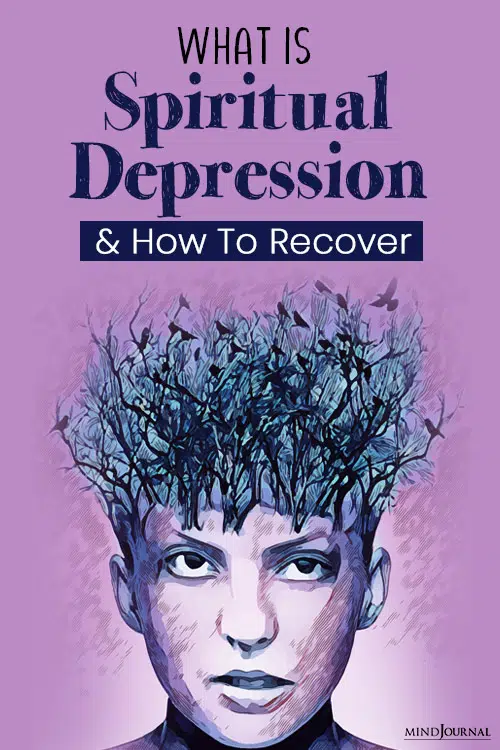
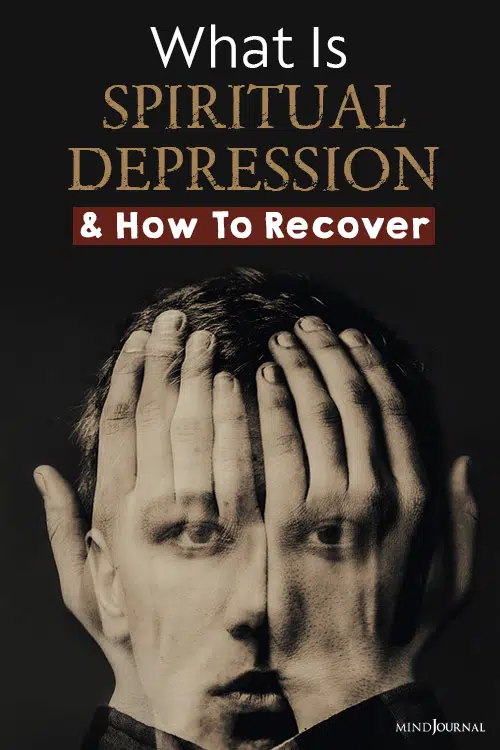
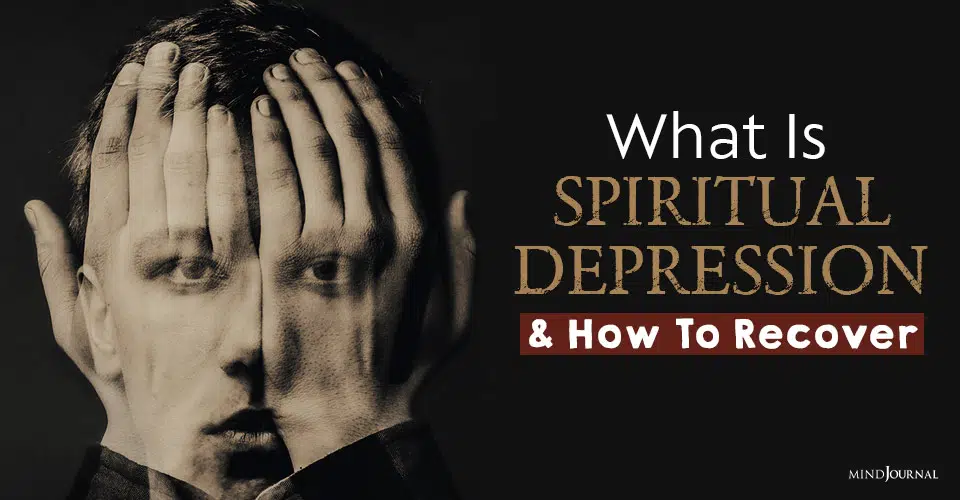
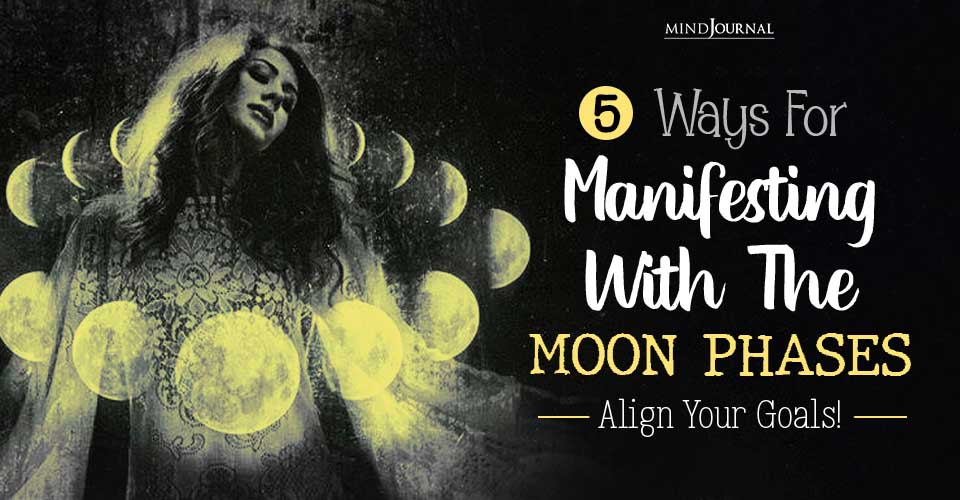
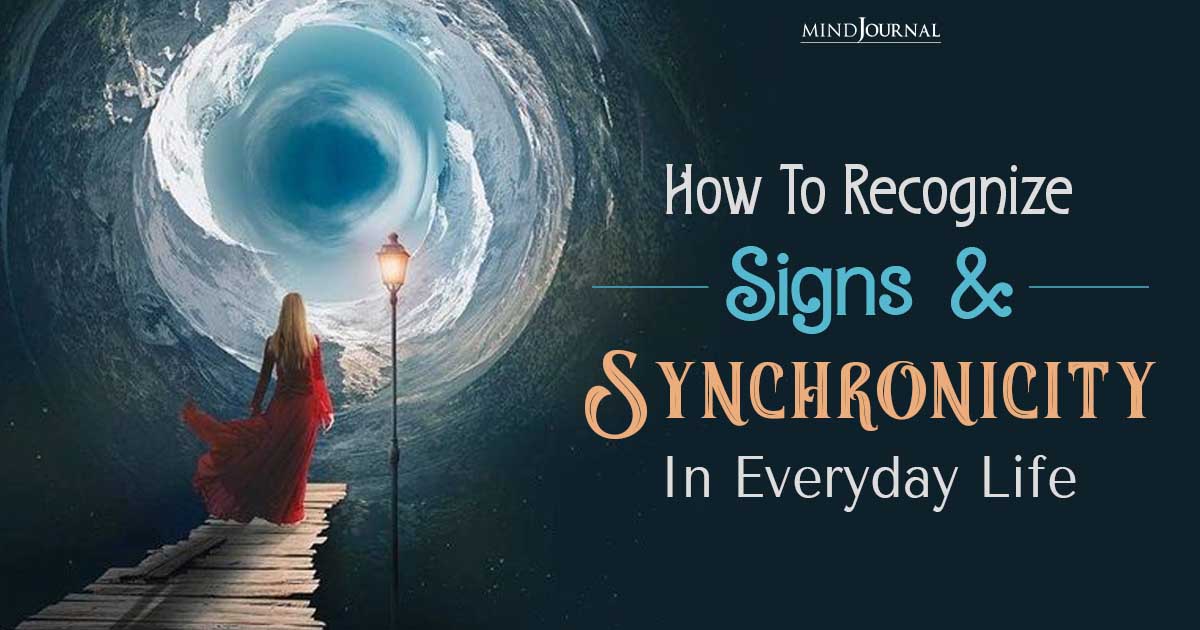
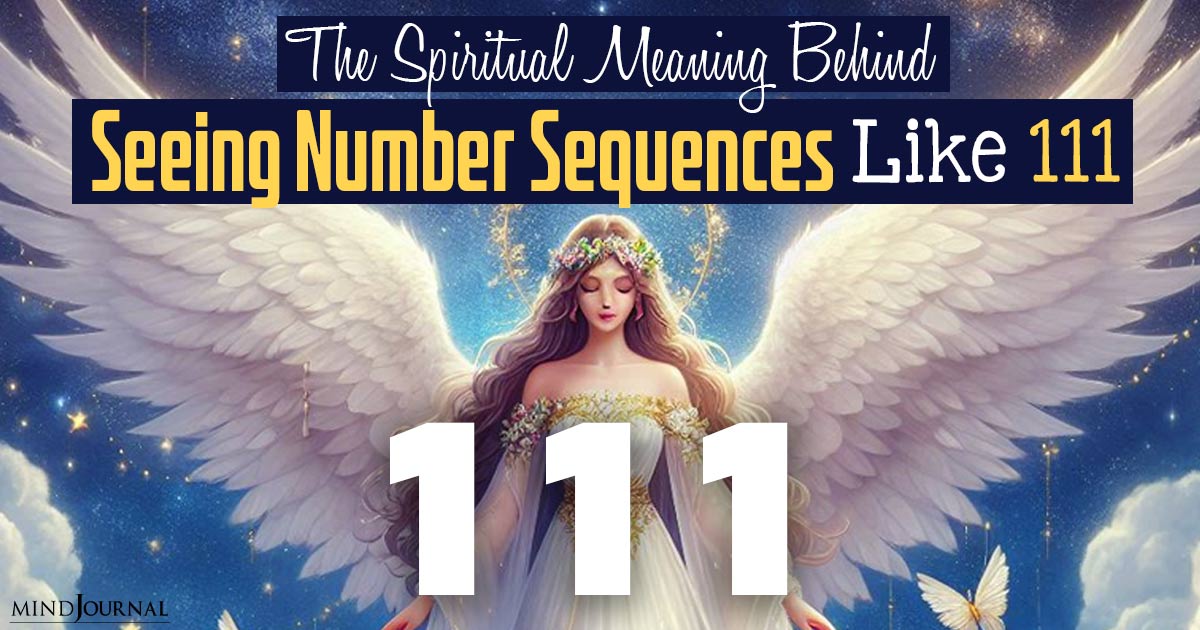

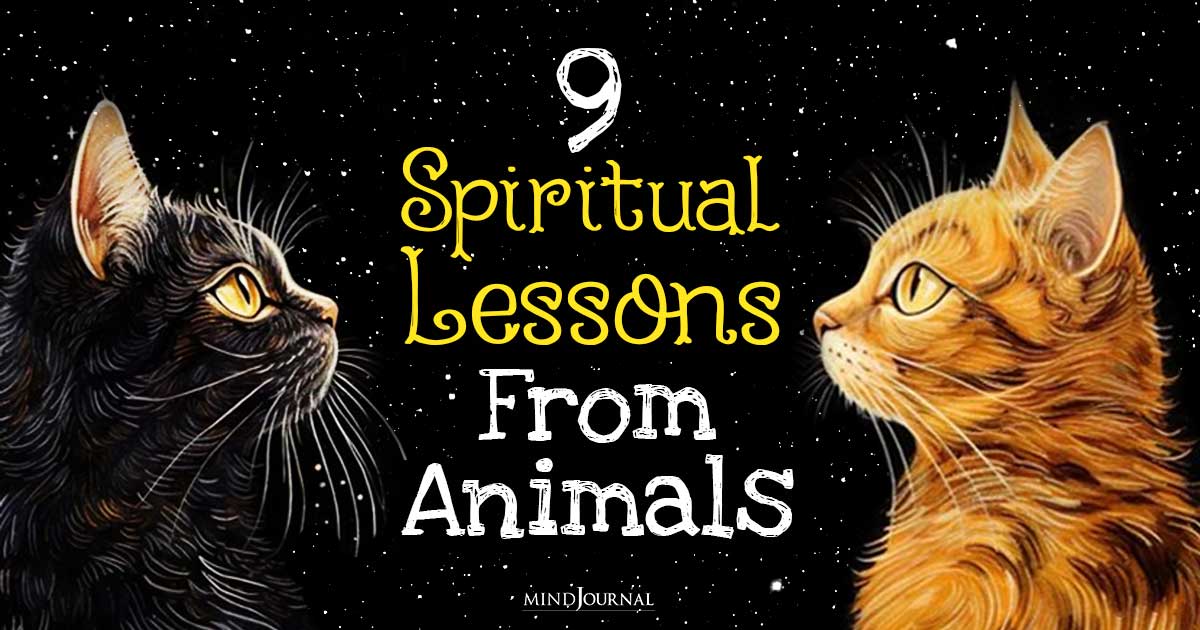


Leave a Reply
You must be logged in to post a comment.